Fun Educational Activities Teaching Preschoolers The Abcs Of Learning
Fun & Educational Activities: Teaching Preschoolers the ABCs of Learning
Discover the joy of teaching preschoolers with fun activities & interactive learning experiences. Nurture their curiosity & unlock their potential!
Are you ready to embark on an exciting journey of discovery and learning with your preschooler? As your child’s first teacher, you have the incredible opportunity to shape their early experiences and set a solid foundation for future success. From fostering creativity to building essential cognitive skills, there’s a wealth of knowledge waiting to be explored together. So, let’s dive in and uncover the wonders of teaching preschoolers through engaging activities, interactive play, and meaningful interactions.
1. Introduce Basic Concepts:
- Teach colors, shapes, numbers, and letters.
- Use hands-on activities for better understanding.
2. Foster Language Development:
- Read books together daily.
- Encourage storytelling and imaginative play.
3. Develop Fine Motor Skills:
- Practice cutting, drawing, and coloring.
- Explore activities like playdough sculpting.
4. Promote Social Skills:
- Encourage sharing and taking turns.
- Arrange playdates for interaction with peers.
5. Cultivate Emotional Intelligence:
- Teach them to express feelings in words.
- Provide opportunities for problem-solving.
6. Explore Nature and Science:
- Take nature walks and observe surroundings.
- Engage in simple science experiments.
7. Encourage Creativity:
- Provide art supplies for free expression.
- Support imaginative play with props and costumes.
8. Teach Basic Hygiene Habits:
- Practice handwashing and teeth brushing.
- Discuss the importance of cleanliness.
9. Introduce Basic Math Concepts:
- Count objects during everyday activities.
- Explore simple addition and subtraction.
10. Foster Curiosity and Exploration:
- Encourage asking questions and seeking answers.
- Provide opportunities for hands-on exploration.
The Wonderful World of Teaching Preschoolers
Welcome to the enchanting realm of preschool education! As a parent or educator, guiding a young child through their formative years is both a privilege and a joy. Let’s delve into the magical journey of teaching preschoolers, where every day is filled with discovery, wonder, and growth.
Exploring Colors and Shapes 
One of the first adventures in a preschooler’s learning journey is exploring the vibrant world of colors and shapes. Through playful activities and interactive games, children develop their visual recognition skills while having a blast. From sorting colorful blocks to identifying different shapes in their environment, every discovery sparks excitement and curiosity.
Embarking on Literary Adventures 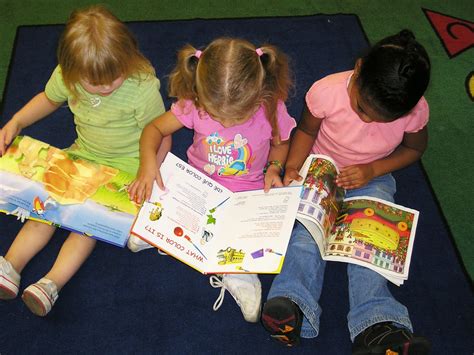
Reading with preschoolers is like opening a treasure chest of imagination and creativity. As they snuggle up for storytime, little ones are transported to magical realms, meeting fascinating characters and exploring new worlds. Through books, children not only learn language and literacy skills but also develop a love for storytelling and a thirst for knowledge.
Unleashing Creativity through Art 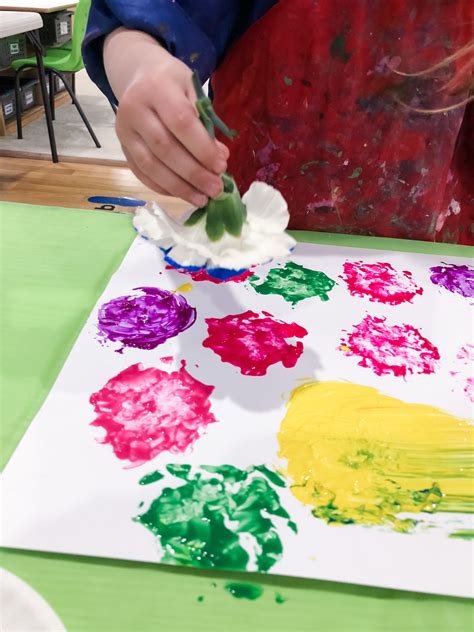
Every stroke of the paintbrush and dab of the crayon is a masterpiece in the making for preschoolers. Art activities not only unleash their creativity but also foster fine motor skills and self-expression. From finger painting to collage making, the possibilities are endless, and the results are always filled with joy and pride.
Learning Through Play 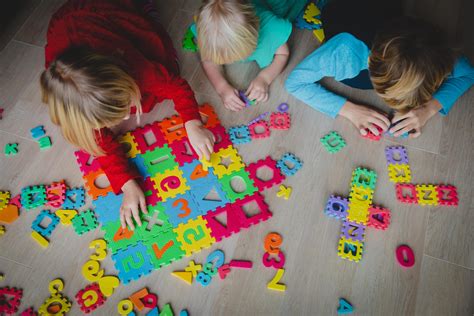
Play is the language of childhood, and for preschoolers, it’s the key to unlocking a world of learning. Whether it’s building towering block structures or pretending to be astronauts on a space adventure, every moment of play is an opportunity for growth and development. Through play, children develop social skills, problem-solving abilities, and a love for exploration.
Exploring Nature’s Wonders 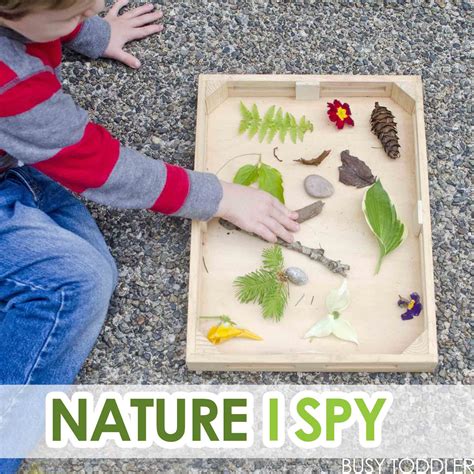
Step outside and discover the wonders of the natural world with your preschooler. Whether it’s observing insects in the backyard or collecting leaves on a nature walk, every outdoor adventure is filled with awe and wonder. Through nature exploration, children develop a deep appreciation for the environment and gain valuable knowledge about the world around them.
Building Friendships and Social Skills 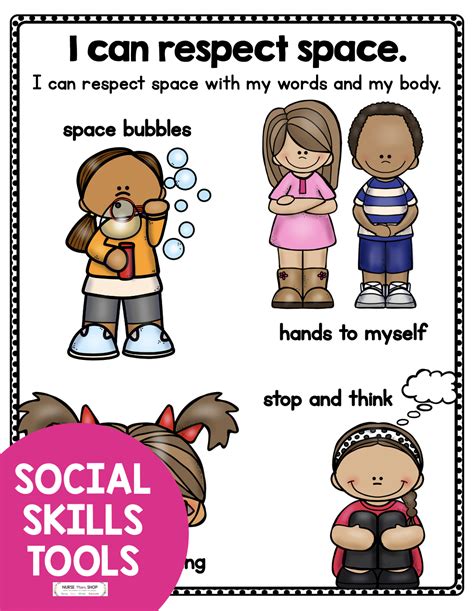
Preschool is not just about academicsit’s also a time for building friendships and social skills. Through group activities and cooperative play, children learn how to interact with their peers, share, take turns, and resolve conflicts. These early social experiences lay the foundation for positive relationships and communication skills later in life.
Encouraging Curiosity and Exploration 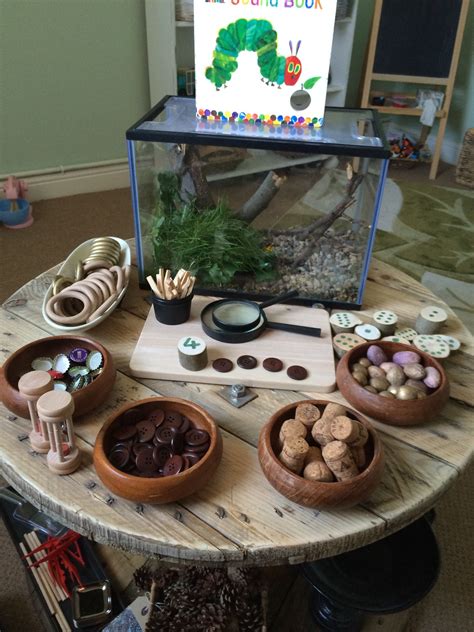
Preschoolers are natural explorers, eager to discover the world around them. Encourage their curiosity by providing opportunities for hands-on exploration and inquiry-based learning. Whether it’s conducting simple science experiments or asking questions about the stars in the sky, nurturing curiosity sparks a lifelong love for learning.
Embark on this magical journey of teaching preschoolers, where every day is filled with wonder, laughter, and endless possibilities. Through colorful adventures, literary explorations, creative endeavors, and playful discoveries, you’ll witness the incredible growth and development of young minds. Together, let’s ignite a passion for learning and set the stage for a bright future ahead.
Introduction
Teaching preschoolers is a crucial task that requires careful planning, creativity, and patience. As educators and caregivers, we have the responsibility to provide young children with a strong foundation for future learning and development. In this comprehensive guide, we will explore what to teach a preschooler to ensure their holistic growth across various domains, including cognitive, social, emotional, and physical.
Cognitive Development
What to teach a preschooler in terms of cognitive development encompasses a wide range of skills that lay the groundwork for academic success. One essential area to focus on is language and literacy. Preschoolers should be exposed to rich vocabulary through conversations, stories, and rhymes. Additionally, activities that promote phonological awareness, such as identifying beginning sounds and rhyming words, are beneficial for early reading skills.
Language and Literacy
Reading aloud to preschoolers is a highly effective way to foster language development and instill a love for books. By engaging children in discussions about the story, characters, and plot, educators can enhance comprehension skills and critical thinking abilities. Moreover, providing opportunities for preschoolers to express themselves through drawing, storytelling, and dramatic play promotes language fluency and creativity.
Mathematics
In addition to language and literacy, what to teach a preschooler includes foundational math concepts. Through hands-on activities and manipulatives, such as counting objects, sorting shapes, and exploring patterns, preschoolers develop numerical fluency and problem-solving skills. Introducing basic mathematical concepts, such as addition and subtraction, in a playful and concrete manner sets the stage for future mathematical understanding.
Social and Emotional Development
Social and emotional development is equally important for preschoolers as they learn to navigate relationships, understand emotions, and regulate their behavior. Educators play a vital role in creating a supportive and nurturing environment that promotes what to teach a preschooler in terms of social and emotional skills.
Emotional Regulation
Teaching preschoolers strategies for managing their emotions is essential for their well-being and social interactions. Simple techniques, such as deep breathing exercises and using calming tools like sensory toys, help children learn to identify and regulate their feelings. Additionally, providing a safe space for children to express their emotions and validating their experiences fosters emotional resilience and self-confidence.
Empathy and Social Skills
Empathy is a foundational skill that underpins positive relationships and cooperation. Educators can cultivate empathy in preschoolers by modeling caring behaviors, teaching perspective-taking through role-playing activities, and encouraging acts of kindness and sharing. Furthermore, creating opportunities for collaborative play and group activities fosters social skills such as communication, cooperation, and conflict resolution.
Physical Development
Physical development is integral to a preschooler’s overall well-being and readiness for learning. Engaging in what to teach a preschooler in terms of physical activities promotes gross and fine motor skills, coordination, and spatial awareness.
Gross Motor Skills
Outdoor playtime provides preschoolers with opportunities to develop gross motor skills through running, jumping, climbing, and balancing. Setting up obstacle courses, playing games that involve throwing and catching, and participating in group activities like dancing or yoga enhance coordination, strength, and endurance.
Fine Motor Skills
Activities that involve manipulating small objects, such as puzzles, beads, and building blocks, support the development of fine motor skills in preschoolers. Encouraging children to engage in drawing, coloring, cutting, and threading helps strengthen hand muscles and improve hand-eye coordination. Additionally, activities that involve sensory experiences, such as pouring, scooping, and molding with playdough, stimulate tactile sensations and enhance fine motor control.
Conclusion
In conclusion, what to teach a preschooler encompasses a holistic approach that addresses their cognitive, social, emotional, and physical development. By focusing on language and literacy, mathematics, social and emotional skills, and physical activities, educators can provide young children with a solid foundation for lifelong learning. Through intentional planning, nurturing environments, and meaningful interactions, we can support preschoolers on their journey of exploration, discovery, and growth.
1. Introduce fundamental concepts:
- Teach colors, shapes, numbers, and letters.
- Use visual aids and hands-on activities for better understanding.
2. Foster language development:
- Read books aloud daily.
- Encourage conversations and storytelling.
3. Promote social skills:
- Encourage sharing and taking turns.
- Arrange playdates for interaction with peers.
4. Develop fine motor skills:
- Practice drawing, coloring, and cutting.
- Provide opportunities for finger painting and playdough sculpting.
5. Cultivate curiosity and exploration:
- Encourage asking questions and seeking answers.
- Provide materials for hands-on exploration and discovery.
6. Explore nature and science:
- Take nature walks and observe plants and animals.
- Engage in simple science experiments, like sinking or floating objects.
7. Teach basic hygiene habits:
- Practice handwashing and teeth brushing.
- Discuss the importance of cleanliness and health.
8. Encourage creativity:
- Provide art supplies for free expression.
- Support imaginative play with costumes and props.
9. Introduce basic math concepts:
- Count objects during everyday activities.
- Explore simple addition and subtraction through games and manipulatives.
10. Foster emotional intelligence:
- Teach them to identify and express feelings.
- Provide opportunities for problem-solving and conflict resolution.
As we come to the end of this exploration into what to teach a preschooler, I hope you’ve found valuable insights and inspiration for guiding the young learners in your life. Remember that educating preschoolers is a multifaceted journey that requires patience, creativity, and dedication. By incorporating a diverse range of activities and approaches, you can nurture their growth across various domains while fostering a lifelong love for learning.
As you embark on this educational adventure, keep in mind the importance of fostering a supportive and enriching environment for preschoolers to thrive. Encourage curiosity and exploration, provide ample opportunities for hands-on learning, and celebrate their achievements along the way. Each child is unique, so be adaptable in your approach and tailor your teaching strategies to meet their individual needs and interests.
In closing, what to teach a preschooler is not just about imparting knowledge but also about instilling a sense of wonder, curiosity, and resilience. Embrace the joy of discovery alongside the children in your care, and cherish the moments of growth and development that unfold each day. Together, let’s empower the next generation with the skills, confidence, and passion they need to thrive in an ever-changing world.
Q & A about Fun & Educational Activities: Teaching Preschoolers the ABCs of Learning :
1. What are some fun ways to teach preschoolers?
- Turn learning into a game who says math can’t be fun with a little hopscotch?
- Get creative with arts and crafts a messy masterpiece is just a paintbrush away!
- Take learning outdoors nature is the best classroom, and mud puddles are the best textbooks!
2. How can I keep preschoolers engaged while teaching?
- Channel your inner circus performer juggling, anyone?
- Embrace the power of storytelling who needs Netflix when you have animated tales of adventure?
- Break out the puppets because everything is better with a puppet show!
3. What if my preschooler gets bored during learning activities?
- Time for a dance break who can resist a spontaneous dance party?
- Switch up the scenery who needs a classroom when you can learn in a blanket fort?
- Bring in a surprise guest because nothing spices up a lesson like a visit from the family pet!
4. How can I make learning memorable for preschoolers?
- Add a dash of magic who says you can’t teach math with a magic wand?
- Create a sensory experience because learning should involve all five senses, and maybe even a sixth!
- Let them take the lead because sometimes the best lessons come from preschoolers themselves!
Engage, Fun ways, Keep preschoolers, Memorable learning, Humorous tone, Teach preschooler
